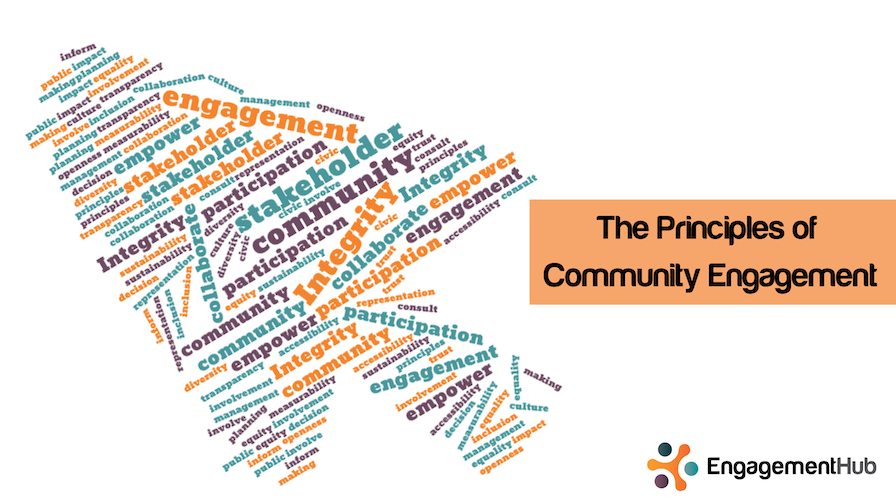As we have mentioned in many of our previous blogs that stakeholders are individuals or groups who have a vested interest in the project’s outcome or are affected by it; their involvement and support are crucial in decision-making, project implementation, and ensuring that the project meets the needs and expectations of those involved. Having said this, it is important to manage stakeholder expectations for the success of the project. In this blog, we will talk about why managing stakeholder expectations is crucial and how to identify, engage, and satisfy stakeholders through effective online engagement.
Why managing stakeholder expectations matters?
Managing stakeholder expectations is vital because it fosters trust, enhances collaboration, and reduces conflicts. By actively addressing stakeholders’ concerns, organizations can align their initiatives with the expectations of those who have a significant interest in the project’s success. Failure to manage stakeholder expectations can lead to dissatisfaction, resistance, or even project failure. Online engagement consultation provides a platform to effectively communicate with stakeholders, understand their needs, and align project objectives accordingly.
How to identify stakeholder expectations?
- Identify and map stakeholders: Begin by identifying all individuals or groups affected by the project. Categorize them based on their level of influence, interest, or potential impact on the project’s outcome.
- Plan your stakeholder engagement strategy: Once stakeholders are identified, develop a comprehensive strategy for engaging with them. Determine the appropriate level of engagement, communication channels, and timing to ensure effective interactions.
- Utilize stakeholder engagement solutions: Leverage stakeholder engagement solutions and online community engagement platforms that provide features like surveys, feedback mechanisms, and discussion forums to gather insights on stakeholder expectations.
Managing stakeholder expectations –
- Open and transparent communication: Establish clear lines of communication to keep stakeholders informed about project progress, challenges, and potential risks. Regular updates and transparent communication build trust and manage expectations effectively.
- Involve stakeholders in the decision-making process: Encourage stakeholder participation in decision-making, allowing them to contribute their expertise and perspectives. This involvement ensures that their expectations are considered and valued, leading to better project outcomes.
- Address concerns proactively: Actively listen to stakeholders and address their concerns promptly. By being proactive in resolving issues, you can prevent potential escalations and maintain a positive stakeholder relationship.
- Customized engagement approach: Tailor your engagement activities to meet the unique needs of each stakeholder group. Recognize that different stakeholders may have diverse expectations, and adapt your strategies accordingly.
- Record all stakeholder activity: Maintaining a record of stakeholder activities and interactions is essential for managing expectations effectively. Document key discussions, decisions, and agreements to provide clarity and accountability. This record will serve as a valuable resource for future reference, ensuring that stakeholders’ concerns are addressed consistently throughout the project lifecycle. Furthermore, it demonstrates a commitment to transparency and professionalism, instilling confidence among stakeholders.
Now that you know that managing stakeholder expectations is a critical aspect of successful project management and the best way to understand, engage and satisfy stakeholders is via online engagement consultation, supported by stakeholder engagement solutions and online community engagement platforms. By implementing the strategies outlined above and getting the best community engagement platform, you can create a collaborative environment where stakeholders’ expectations are well taken care of. Engagement Hub is one such all-in-one platform used to inform, collaborate and engage with communities. Engagement Hub integrates a comprehensive stakeholder relationship management system, enabling you to efficiently manage all aspects in a centralized location thus fulfilling all stakeholder expectations.





